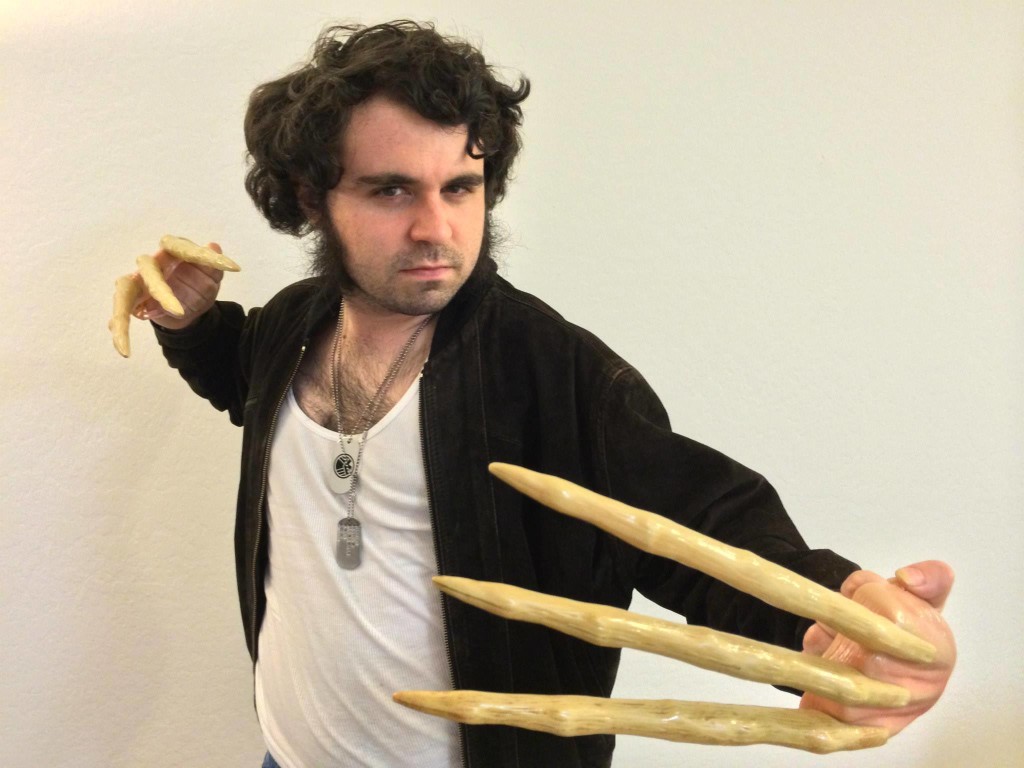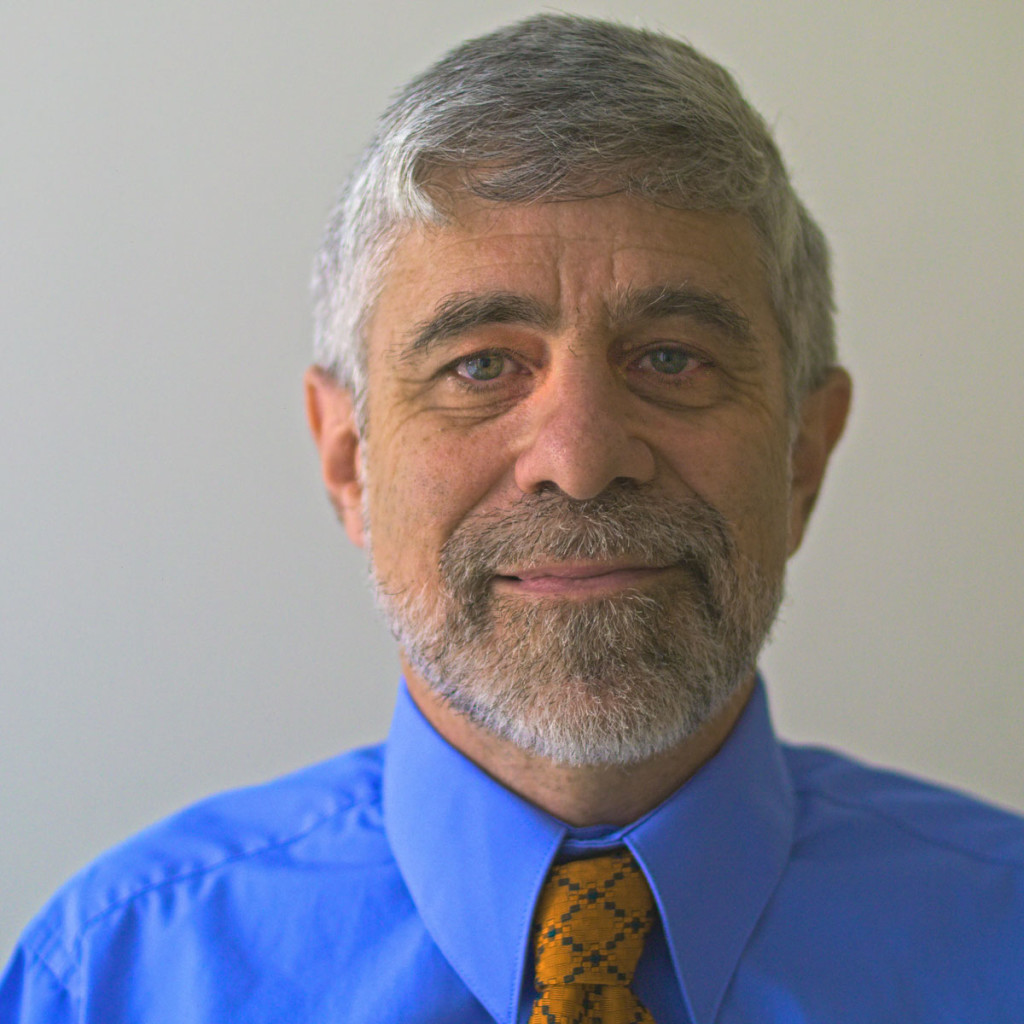 In the 1990s, Donald Cohen was one of the early researchers and explainers of California’s emerging contingent economy. As this economy grew over the next two decades, he sought to go beyond research, to create mediating institutions helping Californians navigate the movement away from full time employment. This past Saturday he addressed our monthly meeting of AASCEND, the Bay Area adult autism group. And he told the following story, about one of the mediating institutions he is now helping to create, the Autistic Creativities Collective.
In the 1990s, Donald Cohen was one of the early researchers and explainers of California’s emerging contingent economy. As this economy grew over the next two decades, he sought to go beyond research, to create mediating institutions helping Californians navigate the movement away from full time employment. This past Saturday he addressed our monthly meeting of AASCEND, the Bay Area adult autism group. And he told the following story, about one of the mediating institutions he is now helping to create, the Autistic Creativities Collective.
He started the story with his own son Colin (above), now 27. Colin was diagnosed as being on the autism spectrum at a young age. He graduated from the San Diego School for Creative and Performing Arts and in 2011 from the University of California, Santa Cruz, with a degree in Film Production. Like most California adults on the autism spectrum, the hard part came after formal schooling, finding a place in the work world.
Donald saw in Colin an interest in and affinity for writing, especially in the sci-fi and fantasy genres and in video game development. He encouraged Colin to start writing, and Colin did so, with short stories, movie reviews, blog postings on rock bands, poems. Colin currently has a website, Fishes and Cherries (www.fishandcherries.com), that aggregates these writings.
Donald notes that “Colin has an amazing mind. He can create worlds and write complex stories with multiple chapters in his head – and remember every detail about every character and every scene he creates. He leads a group Role Playing Game where he plays 500 characters while the others in the game play one or two. He can tell you about each of the 500 characters without referring to notes.”
Making any type of career in writing, game development or the creative arts is very difficult for any Californian today; the competition is so intense, the ratio of the number of applicants to available opportunities so high. For many adults on the autism spectrum, the difficulty is increased by limited executive functioning skills—the skills of marketing themselves, hustling assignments, organizing time.
Most of us who are parents in AASCEND have encouraged our adult children on the autism spectrum to pursue creative endeavors, but as avocations. At AASCEND we have established our own television show, art group with Creativity Explored, and reading group. But we have steered our children to nine-to-five jobs (when they can obtain them, which is still a big challenge).
Donald (below) however thought that Colin should pursue his creative interests as a vocation. He encouraged him to write and work with a writing coach. He also set out to create a mediating structure that would help Colin and others in the adult autism community navigate the contingency and insecurity in the creative arts.
“I set out to research the creative arts workplaces in California as I would research other economic sectors. I spoke with as many employers as I could in book publishing, filmmaking, comic book publishing. I started with personal contacts and built on these contacts. I found out the location of a major comic book publisher in Berkeley, and went without an appointment (the elevator was locked).
“In all of these contacts, I asked ‘What’s not being done’. I tried to find where might be the competitive advantage of Colin and others in the autism community, and what gaps we might fill.” How could an aspiring writer get in the door in filmmaking, or get on a project? What type of assignments were available in the video game field, and how were they given out? How could artists or musicians monetize their work, or link up with others to monetize their work?
Whenever AASCEND has a discussion topic relating to arts, video games or sci-fi/fantasy, a good turnout results, and we had over 50 persons in attendance at this meeting. Most of those in attendance were involved in some creative pursuit (or had a family member involved in such pursuit) and were floundering in marketing their talents.
AASCEND is the anti-bureaucracy; if someone has an idea, we try to implement and learn as we go; and that’s what we did on Saturday. Several approaches were put forward, for us to join with Donald. Camilla pointed out that any mediating structure needed to be more than a website featuring art or music by persons on the autism spectrum, since there were already numerous ones in operation (including the excellent California-based, the art of autism). Keith agreed and thought that autistic creatives could best benefit from direction in how they could market themselves. Anlor suggested contacting Dr. Hackie Reitman, whose new website, DifferentBrains.com is becoming a clearinghouse for neurodiversity employment projects. Ray offered to research other websites in the creative economy.
By the end of the meeting Keith and Lynn (Colin’s mom) agreed to head a group of volunteers to test an Autistic Creativities Collective, a group effort to help creatives function in the contingent economy. First steps included immediate posting on the AASCEND website to seek artists for the Collective, identifying potential volunteer mentors on such topics as self-publishing, and sketching out a plan to monetize the Collective.
Small steps, but perhaps this is how an economic collective might start in the contingent economy.


